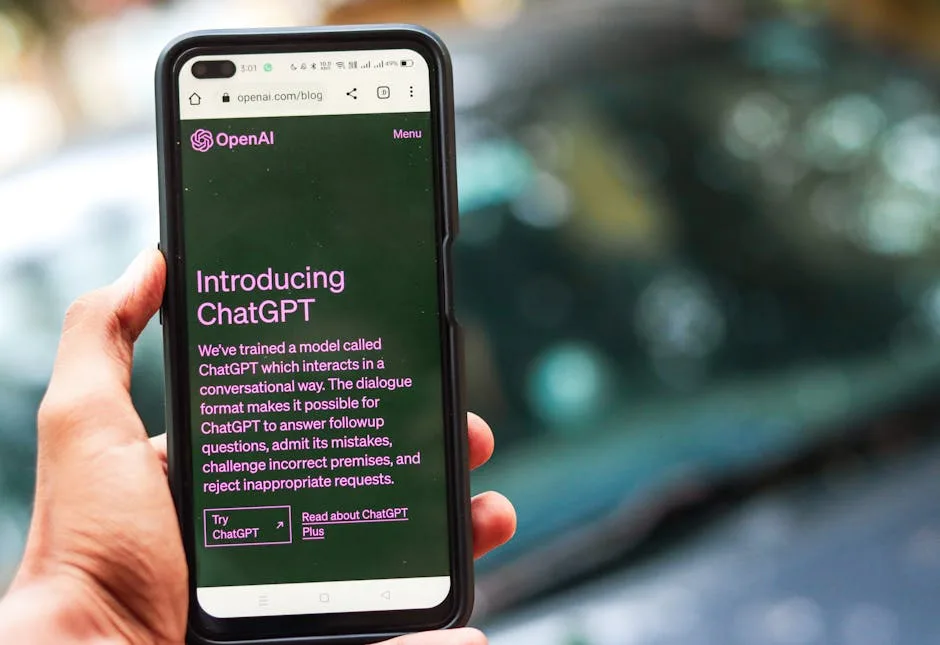
The ongoing feud between Elon Musk, Apple, and OpenAI has escalated into a legal and technical battleground, with Musk accusing Apple of antitrust violations and labeling OpenAI’s Sam Altman a “liar.” This conflict, rooted in AI market dominance and platform bias, has significant implications for competition, regulatory scrutiny, and the future of AI integration in consumer technology. Here, we break down the technical and strategic dimensions of this dispute, focusing on its relevance to security professionals and enterprise stakeholders.
Musk’s Antitrust Allegations Against Apple
Elon Musk’s xAI has filed a lawsuit alleging that Apple’s App Store unfairly promotes OpenAI’s ChatGPT while suppressing competitors like xAI’s Grok. The lawsuit cites the Epic Games vs. Apple precedent, where Apple was found to engage in monopolistic practices. According to Musk, ChatGPT’s #1 ranking in the UK and US App Stores, compared to Grok’s #5 global position, demonstrates editorial bias. Apple’s 2024 partnership with OpenAI, which integrates ChatGPT into iOS, further complicates the issue. The lawsuit claims Apple’s “Must Have” section excludes X/Grok despite Musk’s assertion that X is the “#1 news app globally.” This raises questions about algorithmic transparency and platform neutrality, topics of interest to security teams monitoring vendor lock-in and competitive fairness.
The Musk-Altman War of Words
The conflict extends beyond Apple, with Musk and OpenAI’s Sam Altman trading public accusations. Musk called Altman a “liar” after a Platformer report revealed Musk’s posts on X receive artificial amplification. Altman countered by stating OpenAI would “stay focused on making great products, not Musk’s theatrics.” Notably, Altman’s tweet garnered 3 million views despite Musk’s larger follower count, suggesting potential algorithmic manipulation. For security professionals, this highlights the risks of opaque platform governance and the need for transparency in content ranking systems, which can be exploited for disinformation or competitive advantage.
Historical Context and Legal Precedents
The feud traces back to OpenAI’s founding in 2015, which Musk co-founded before leaving in 2018 over commercialization disputes. In 2024, Musk sued OpenAI for “abandoning its mission” after its Microsoft partnership, and OpenAI countersued. Musk’s $100 billion offer to buy OpenAI was rejected in February 2025, deepening tensions. The current legal battle mirrors broader antitrust concerns, such as the EU’s €1.8 billion fine against Apple in 2024 for anti-steering rules. The U.S. Department of Justice is now investigating App Store rankings post-Musk’s complaint, signaling heightened regulatory scrutiny.
Technical and Market Implications
The dispute reflects a larger “platform war” in AI, with Apple-Microsoft-OpenAI on one side and Musk’s xAI on the other. Key technical considerations include:
- App Store Rankings: ChatGPT dominates in 32 countries, while Grok ranks #5 globally. The algorithmic criteria for these rankings remain undisclosed, raising concerns about fairness.
- AI Integration: OpenAI’s ChatGPT-5 now offers Apple-exclusive features, deepening platform dependency.
- Regulatory Risks: The EU’s Digital Markets Act and U.S. antitrust investigations could force changes in how platforms rank and promote apps.
Relevance to Security Professionals
For security teams, this conflict underscores the importance of monitoring:
- Platform Neutrality: Bias in app rankings can affect enterprise tool adoption and vendor risk assessments.
- Algorithmic Transparency: Opaque ranking systems may conceal vulnerabilities or biases exploitable by malicious actors.
- Regulatory Compliance: Antitrust rulings could mandate changes in how platforms operate, impacting security policies.
As the legal battle unfolds, security leaders should assess how platform biases and regulatory shifts could affect their AI toolchains and vendor strategies.
Conclusion
The Musk-Apple-OpenAI conflict is more than a corporate spat—it’s a litmus test for AI competition, platform governance, and regulatory enforcement. Security professionals should track its outcomes, as they could redefine market dynamics and compliance requirements for AI-driven technologies. With antitrust scrutiny intensifying, the stakes for AI innovation and fair competition have never been higher.
References
- “Elon Musk threatens Apple over OpenAI integration,” BBC, 2025.
- “Musk threatens Apple, calls OpenAI boss a liar,” Yahoo News, 2025.
- “Musk’s legal threat against Apple: Altman responds,” Entrepreneur, 2025.
- “Altman dismisses Musk’s accusations,” IBTimes, 2025.
- “Musk’s X algorithm manipulation revealed,” Platformer, 2025.





